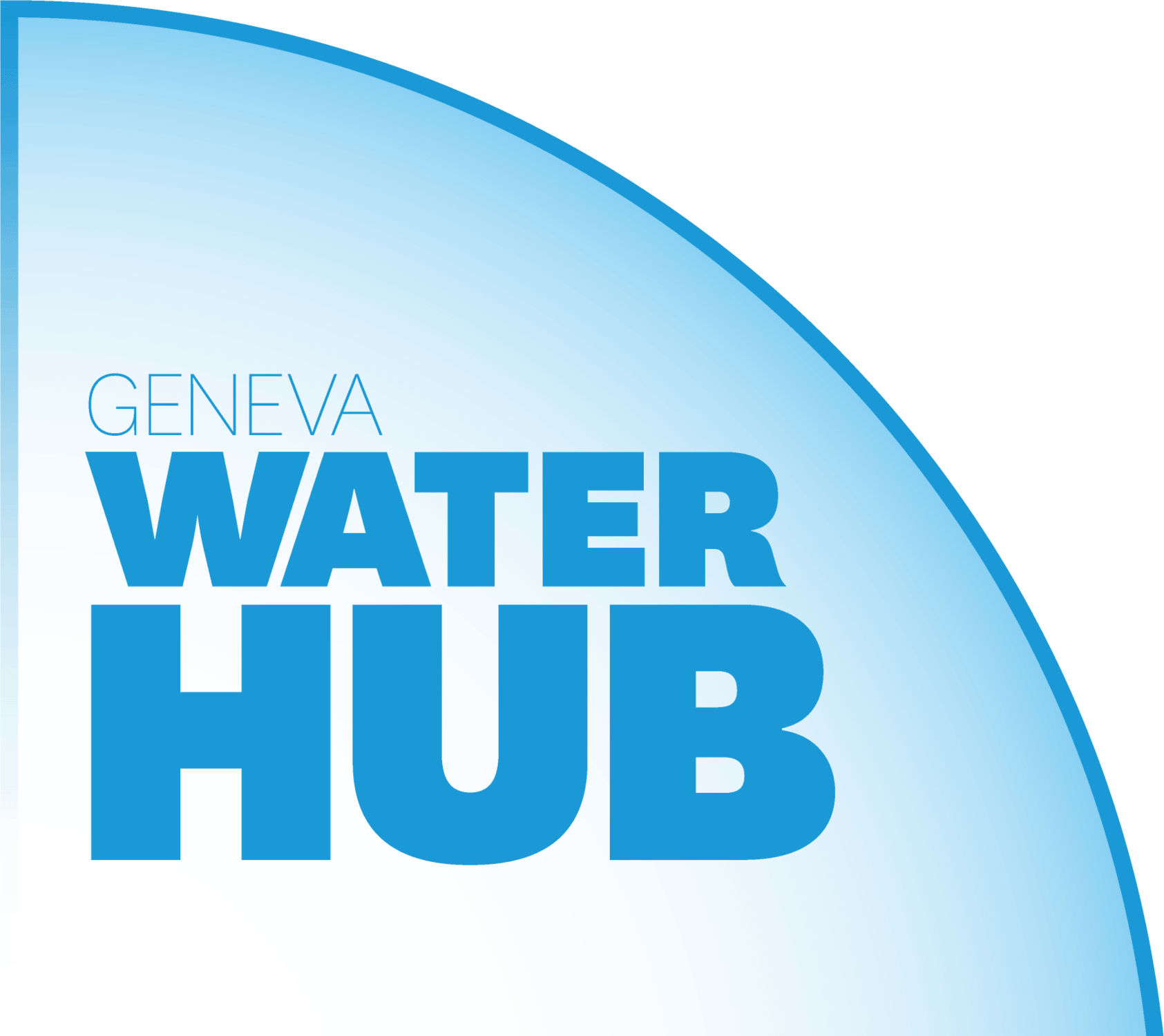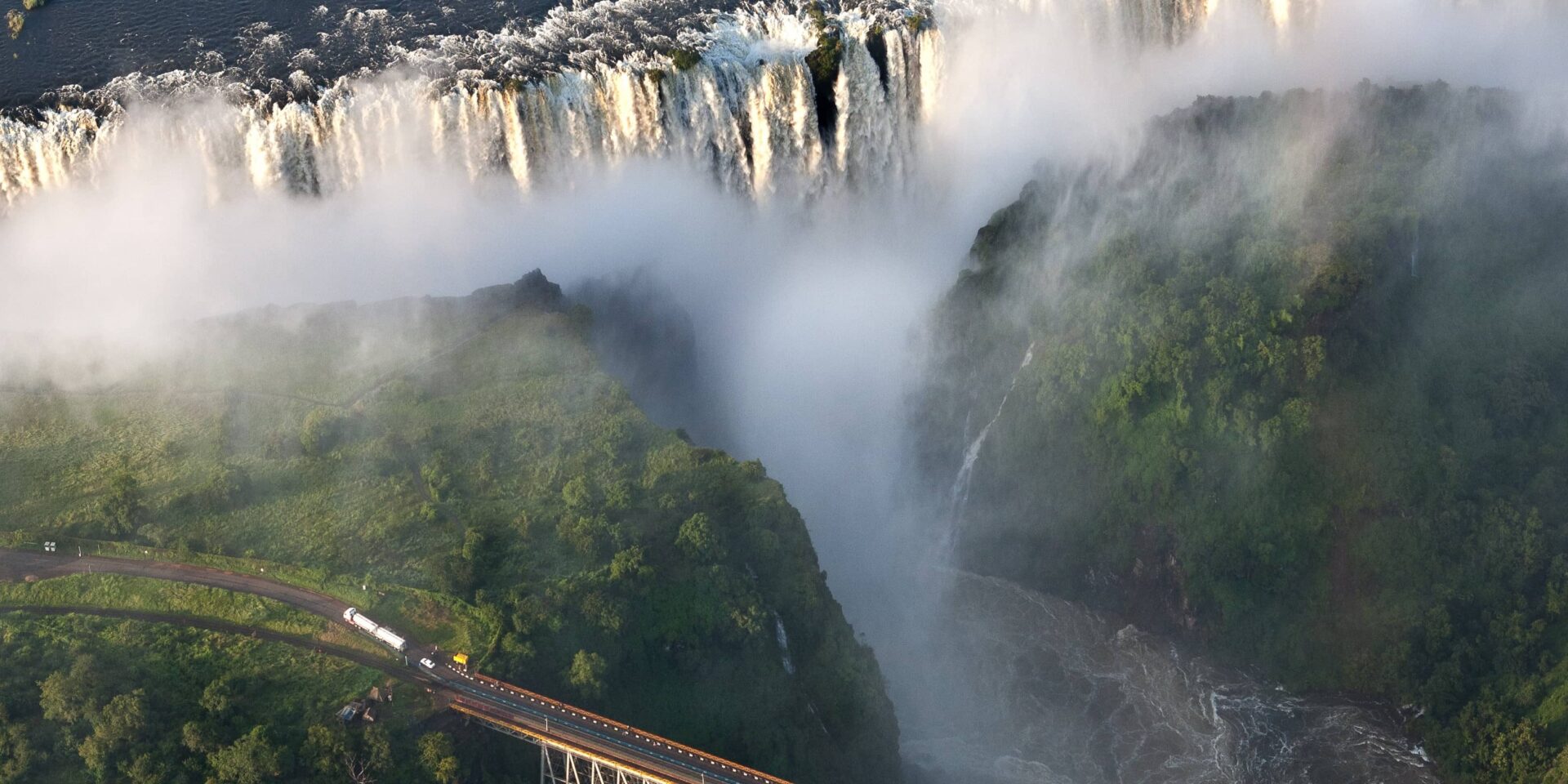Geneva Water Hub

Geneva Water Hub
7bis Avenue de la Paix
1211 Geneva
Switzerland
Countries of work:
Egypt, Ethiopia, France, Gambia, Hungary, Iraq, Jordan, Kazakhstan, Mali, Mauritania, Netherlands, Oman, Senegal, Slovenia, Switzerland, Tajikistan
Type of organisation:
Fields of expertise:
- Integrated Water Resources Management
- Water Policy
- Water supply, Sanitation and Hygiene (WASH)

Water – when adopted as a central element of the peacebuilding, sustainable development and humanitarian aid agendas – is a powerful driver of peace.
1. Building Peace through Water Diplomacy
With the utmost confidentiality, the Geneva Water Hub uses water to initiate processes to defuse tensions, build trust and create the conditions for equitable water arrangements. Where tensions are high, the Hub guides joint analysis or spots pathways to use water for détente or rapprochement, both locally and regionally. Aware of the seamless space between humanitarian and development needs in fragile contexts, the Hub supports local actors to position water in their peacebuilding and development efforts.
2. Water in Times of Armed Conflict
By systemizing the norms of International Humanitarian Law, Human Rights Law, International Water Law and International Environmental Law, related to the protection of water during and after armed conflict, the Geneva Water Hub, develops the Geneva Principles on the Protection of Water Infrastructure. By investigating the extent to which damages to water resources and water systems affect water quality, human health, and livelihoods, the Hub advances the evidence base to better protect water from the reverberating effects of armed conflict and the unintended impact of trade sanctions.
3. Shaping Policy and Law
The Geneva Water Hub advocates for progressive, innovative, and inclusive policy and law everywhere. Based on our analysis of the benefits of transboundary and inter-sectoral cooperation, and the merits of harmonising national and international legal frameworks, the Hub shapes policy and law for the sustainable use and sharing of water. The Hub supports the development of good practice through multi-stakeholder and confidential platforms, and facilitates exchanges with key actors in the humanitarian, development and peace communities.
4. Capacity-building
The Geneva Water Hub provides tailor-made training programmes for civil society, military, and diplomats. We run fully-credited distance-learning courses on International Water Law and the law of Transboundary Aquifers in French and English, and a fully-credited two-week in-situ summer school in water governance through the University of Geneva amongst other trainings.
5. Setting the Research Agenda
The Geneva Water Hub knows that policy must be based on a solid understanding of socio-political processes, if it is to be credible, legitimate, and salient to political processes. The Hub examines how alternative messages may counter damaging narratives, how joint visions and benefits can counter inequitable arrangements, and the extent to which international norms and law are useful in realpolitik. It avoids oversimplification or the provision of simple “solutions” for convenience, even as it communicates these effectively to non-expert audiences. In doing so, the Hub sets the research agenda for water and peace critical and useful research.
With the utmost confidentiality, the Geneva Water Hub uses water to initiate processes to defuse tensions, build trust and create the conditions for equitable water arrangements. Where tensions are high, the Hub guides joint analysis or spots pathways to use water for détente or rapprochement, both locally and regionally. Aware of the seamless space between humanitarian and development needs in fragile contexts, the Hub supports local actors to position water in their peacebuilding and development efforts.
2. Water in Times of Armed Conflict
By systemizing the norms of International Humanitarian Law, Human Rights Law, International Water Law and International Environmental Law, related to the protection of water during and after armed conflict, the Geneva Water Hub, develops the Geneva Principles on the Protection of Water Infrastructure. By investigating the extent to which damages to water resources and water systems affect water quality, human health, and livelihoods, the Hub advances the evidence base to better protect water from the reverberating effects of armed conflict and the unintended impact of trade sanctions.
3. Shaping Policy and Law
The Geneva Water Hub advocates for progressive, innovative, and inclusive policy and law everywhere. Based on our analysis of the benefits of transboundary and inter-sectoral cooperation, and the merits of harmonising national and international legal frameworks, the Hub shapes policy and law for the sustainable use and sharing of water. The Hub supports the development of good practice through multi-stakeholder and confidential platforms, and facilitates exchanges with key actors in the humanitarian, development and peace communities.
4. Capacity-building
The Geneva Water Hub provides tailor-made training programmes for civil society, military, and diplomats. We run fully-credited distance-learning courses on International Water Law and the law of Transboundary Aquifers in French and English, and a fully-credited two-week in-situ summer school in water governance through the University of Geneva amongst other trainings.
5. Setting the Research Agenda
The Geneva Water Hub knows that policy must be based on a solid understanding of socio-political processes, if it is to be credible, legitimate, and salient to political processes. The Hub examines how alternative messages may counter damaging narratives, how joint visions and benefits can counter inequitable arrangements, and the extent to which international norms and law are useful in realpolitik. It avoids oversimplification or the provision of simple “solutions” for convenience, even as it communicates these effectively to non-expert audiences. In doing so, the Hub sets the research agenda for water and peace critical and useful research.